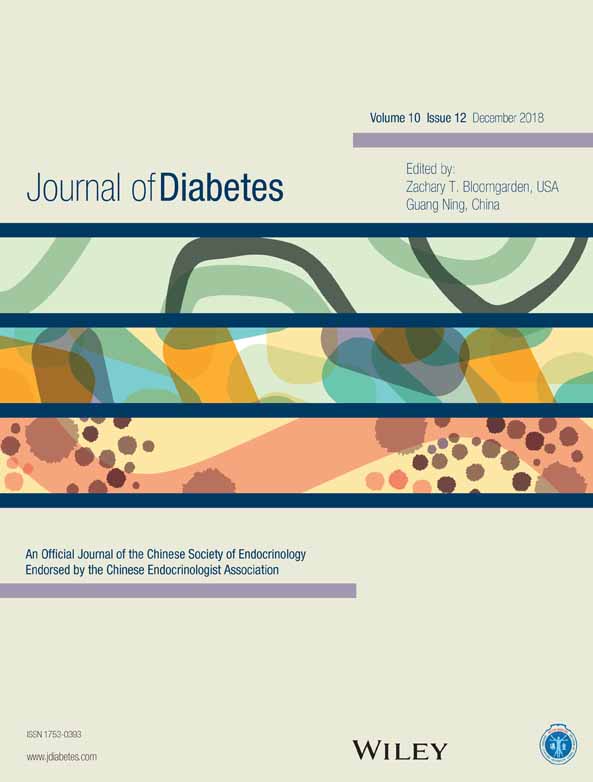Tackling clinical inertia: Use of coproduction to improve patient engagement
解决临床惰性:利用共同合作提高患者的参与度
Abstract
enClinical inertia is common in all chronic diseases, including diabetes. Despite the advent of newer agents for the management of hyperglycemia, hypertension, and dyslipidemia, the number of people with diabetes hitting all three targets remains small. The causes of clinical inertia are multifactorial, with contributory elements from people with diabetes, physicians, and the system within which they work. Every health care provider should have the best interest of their patients at heart; most people with diabetes want to maintain their health for as long as possible, and the maintenance of good health is not only the purpose of the system, but also the most cost-effective strategy. It is the thesis of this article that a potential reversible contributor to clinical inertia is the communication among these individual elements, which can be called “coproduction.” The coproduction model of open communication encourages discourse, allowing the person with diabetes to understand their diagnosis and therefore better engage in treatment options. Improving engagement allows the healthcare team, including the physician and the person with diabetes, to establish shared goals that are important to all team members and to agree to acceptable side effects or risks of interventions in order to achieve these goals. Everyone needs to acknowledge that non-adherence exists and can be an issue, thereby allowing reasons to be explored. Only once the person with diabetes is allowed to take full ownership of their disease and actively participate in decision making can they take control of their disease, thereby improving outcomes.
Abstract
zh摘要
在所有的慢性疾病中经常都可以见到临床惰性, 包括糖尿病。尽管目前已有新的用于治疗高血糖、高血压以及血脂异常的药物问世, 但是这三个指标都达标的糖尿病患者人数仍然很少。产生临床惰性的原因是多因素的, 糖尿病患者、医生以及他们的工作制度共同导致了临床惰性的产生。每一位医护人员都应该将患者的最大利益放在首位;大多数糖尿病患者都希望尽可能长时间地保持健康, 并且患者保持良好的健康状态不仅是我们治疗的目的, 而且也是最具成本效益比的治疗策略。本文认为, 造成临床惰性的一个潜在可逆因素就是各方之间的互相沟通, 也可称之为“共同合作”。这种开放式沟通的共同合作模式鼓励医患之间进行交流, 能够促使糖尿病患者理解他们的诊断, 从而更好地参与选择治疗。在提高了参与度, 允许包括医生与糖尿患者在内的医疗团队设定一个对于所有的团队成员都很重要的共同目标, 并且为了实现这些目标允许干预后出现可接受的副作用或者风险。每个人都要认识到可能存在依从性差的问题, 因此需要进一步探索原因。只有让糖尿病患者完全掌握他们自己的疾病并且积极参与决策, 他们才能够控制自己的疾病, 从而改善预后。




